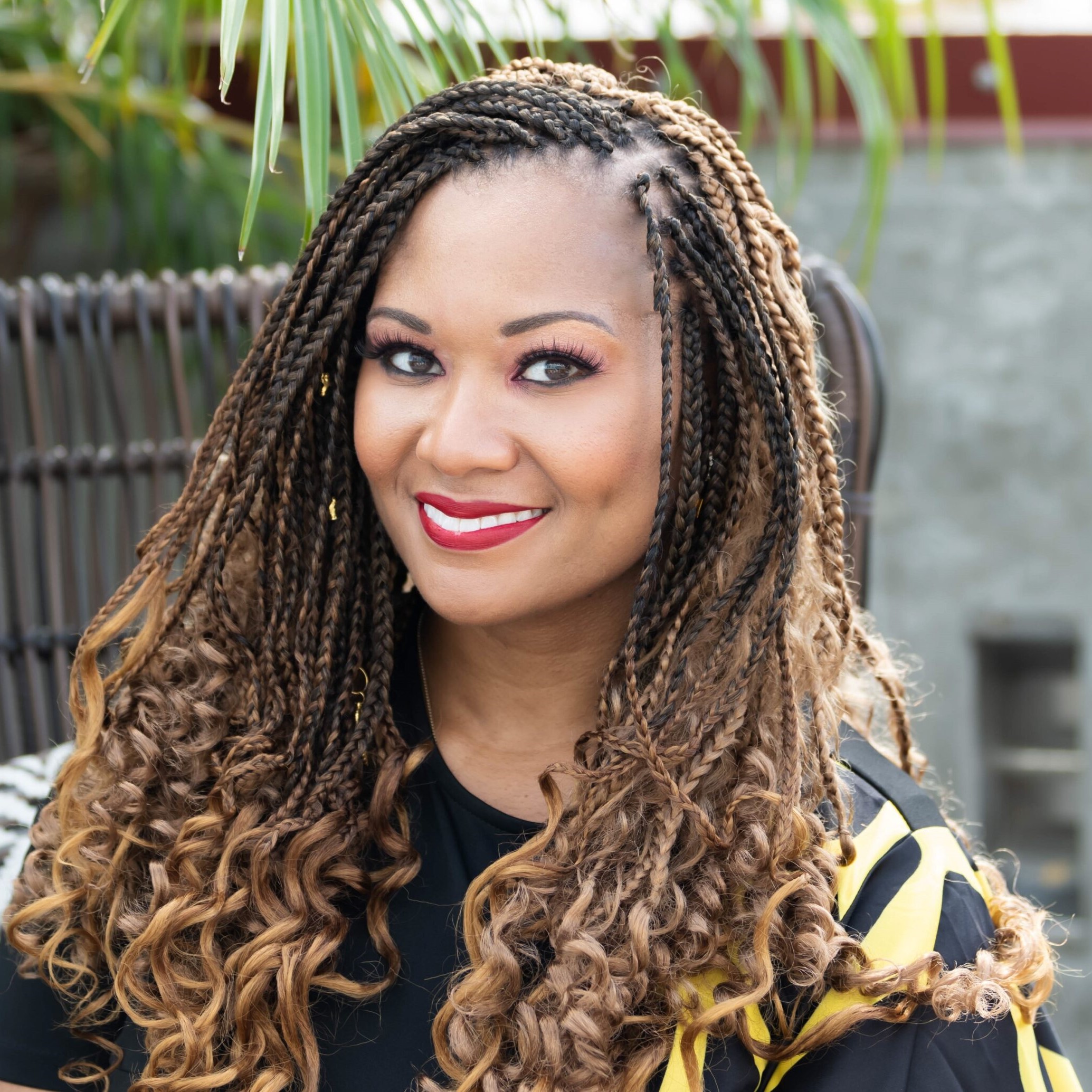You Can't Sit with Us: Exploring the Impact of Mean Girls and Bullying in Higher Education
Course Length
1h 13m

You Can't Sit with Us: Exploring the Impact of Mean Girls and Bullying in Higher Education
Table of Contents
Overview
In 2017, The Workplace Bullying Institute found that women experience the majority of abusive conduct at work. We are sadly all too familiar with the stereotypical sexist discrimination and harassment perpetuated within higher education, but what does it mean when it looks slightly different—when women experience gendered bullying and harassment by other women?
In their 2020 work, Navigating the Gendered Labyrinths and Managing the Mean Girls and Queen Bees within the Academy, Locke and Hayes found that women in higher education experience a number of challenges when working with other women, including but not limited to: gaslighting, emotional abuse, withheld support or mentoring, and microaggressions. In this training, our experts will take this research a step further and lead a discussion on the importance of considering intersectional identities in the experience of bullying. Through research, case studies, and the lived experiences of the presenters, attendees will have the opportunity to explore this topic and identify the types of behaviors that could limit or prevent the growth of women who lead in higher education.
Who should attend?
Anyone interested in exploring the gendered dynamics of bullying in the workplace will benefit from this training.
Agenda
June 12, 2023
12:00 – 1:30 p.m. Eastern
I. Defining Bullying and “Mean Girl” Behavior, and Its Impact on Women in Higher Education
Although addressing this topic could spark concern from those who believe that women should always support other women, the reality is that silence around this issue only enables those who have made a decidedly different choice. A review of relevant articles will help attendees to identify, unmask, and name a growing and unfortunate trend that cannot be resolved through “good vibes only.”
II. Context: Adding the Lens of Intersectional Identities to the Discussion
While the presenters both identify as Cis/Het women, they believe that their intersectional differences can explain the different ways in which they have experienced bullying in the workplace. Rather than shy away from this reality, the presenters will speak candidly about how they believe race, age, gender, and other identifiable characteristics added texture to their encounters in their respective environments.
III. Case Studies
Unique, but realistic, case studies will be utilized to help attendees consider situations that are often dealt with quietly. Shining a light on these situations will help to remove the normalcy with which we can sometimes classify inappropriate behavior as politics, cattiness, or other terms that don’t actually signal a need for accountability.
IV. Questions, Answers, & Discussion
The session will conclude by offering attendees the opportunity to ask questions and receive advice or support with managing their own experiences.
Tagged In
$495



